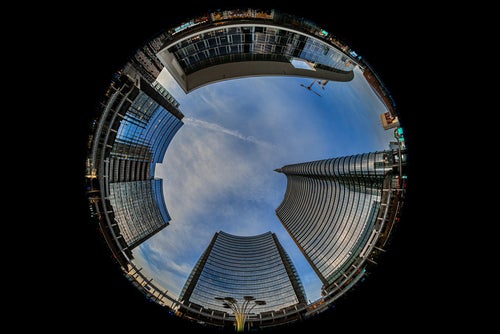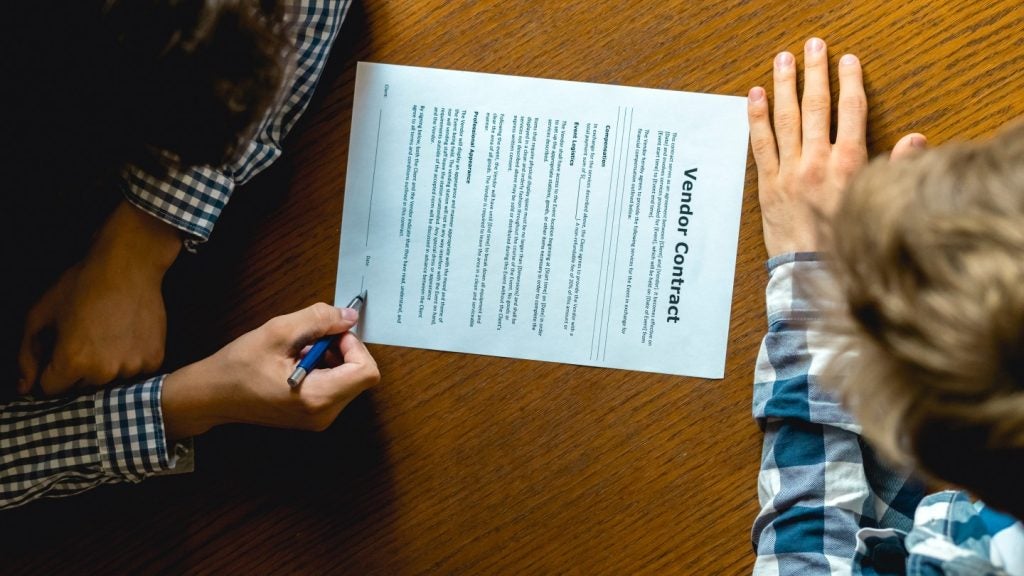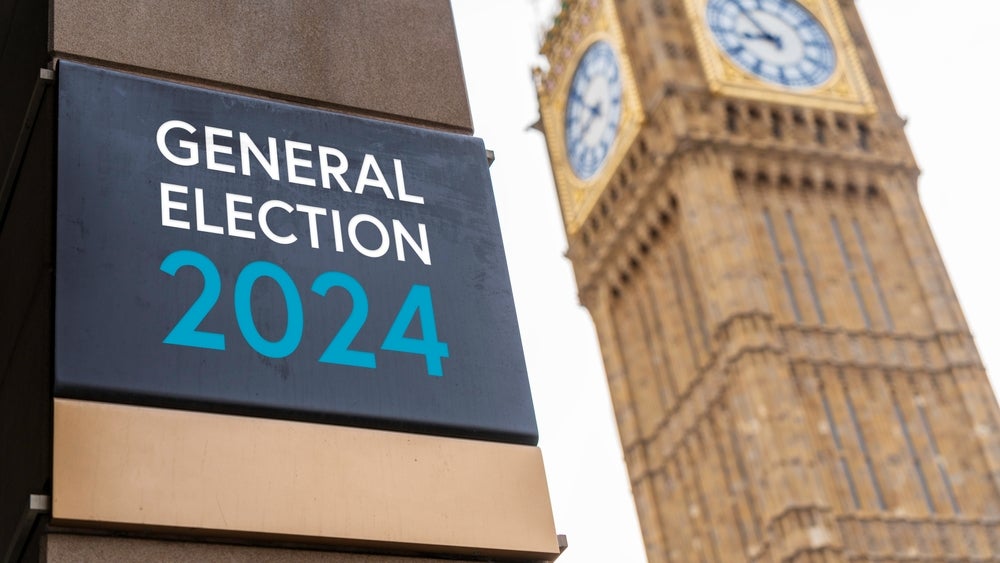
Isabelle Loc is CEO of BNP Paribas Leasing Solutions, a France-based provider of equipment finance across the European market, here she discusses her role in campaigning for the circular economy.
As part of BNP Paribas’ #unexpectedjobs campaign, I recently revealed my new title to be ‘Circular Economy Front Runner.’ I chose it for two reasons: 1) I am a champion of circularity, pushing it forward as a solution that can meet the needs of organisations that are looking to improve efficiency, promote innovation, and reduce their environmental impact; and 2) to ensure the circular economy is always front of mind for BNP Paribas Leasing Solution’s people, customers, and partners.

As such, it’s also my job to ask challenging questions, like how do we convert the hype around the circular economy into changes on the ground, and how do we demonstrate leadership and offer the support that will make it an everyday reality for European businesses?
Investment on the rise
Powerful forces – climatic, regulatory, economic, and technology – are providing an increased focus on the circular economy. The United Nations now includes circularity among its Principles for Responsible Investment. The European Union is rigorously implementing its Circular Economy Action Plan. National governments are making ambitious pledges enshrining their commitment to transitioning to circularity, The Netherlands and France being two notable examples.
It’s clear the tailwinds are all heading in one direction. The result is growing interest in circular practices, with figures showing governments, companies and private financial institutions are investing $1.3trn into initiatives that reduce waste and promote reuse and recycling each year.
But still, rising material extraction has shrunk global circularity from 9.1% in 2018 to 7.2% in 2023, and a recent report from the World Bank argues that “without rapid scale-up, the sustainability potential of a circular economy will not be realised”. Somehow it feels like a full transition to the circular economy is right at our fingertips, but still just out of reach. So, what can we do?
How well do you really know your competitors?
Access the most comprehensive Company Profiles on the market, powered by GlobalData. Save hours of research. Gain competitive edge.

Thank you!
Your download email will arrive shortly
Not ready to buy yet? Download a free sample
We are confident about the unique quality of our Company Profiles. However, we want you to make the most beneficial decision for your business, so we offer a free sample that you can download by submitting the below form
By GlobalDataOne small step
There’s no doubt that transitioning from the linear to the circular is a significant task, requiring society to uncouple rampant consumption from growth and kick our fossil fuel habit; a habit which currently accounts for 80% of global energy supply. System change of that magnitude could seem like a task so big, it appears impossible. But all systems are made up of many smaller, interconnected elements. Start to make small changes to those elements and bigger changes start to happen.
In my role, I’ve broken it down to ask what we can do as one organisation, as one element of a bigger system, to speed up the adoption of the circular economy. For me, it comes down to engaging our people, empowering our customers, building strong partnerships, and being a voice for change.
Engaging our people
At BNP Paribas Leasing Solutions, I believe everyone has a role-appropriate responsibility to develop their sustainable and circular economy expertise. I’ve charged everyone in my team with the job of ensuring we have our eyes open to the growth opportunity that the circular economy presents, predicted to be $4.5 trillion by 2030. This means encouraging our team to be innovative and open-minded when devising solutions for customers that bring the circular economy to life.
Supporting customers to maximise the potential of data-driven solutions is one excellent example. Better asset management is inherent as part of both equipment financing and circular economy solutions, and I believe data provides us with the single, biggest opportunity to drive growth for our customers. Every time a customer uses an asset, data is generated that offers insights into usage behaviour and how to maximise the operational value of the asset. So, it’s possible to start having conversations with businesses about how to use assets more sustainably, efficiently, and profitably.
Our team is the foundation of what makes BNP Paribas Leasing Solutions a trusted partner in supporting our partners and clients to embed circular economy principles as part of equipment finance solutions, and by listening to them we can deliver new innovative solutions that meet their changing business needs.
Empowering our customers
Businesses worldwide are at the forefront of delivering the transition to the circular economy and many are undergoing enormous operational changes to do so. Developing new business models that deploy circular economy principles requires innovation, and companies must be agile and able to act quickly to make investments that will enable the transition.
Access to capital is crucial. In a circular economy, finance becomes an enabler of innovation and change, giving organisations access to digital assets, and all the associated benefits, as-a-service. This reduces the need to use more natural resources and minimises waste in operations. It’s a key reason why the EU’s Circular Economy Action Plan includes leasing as an important enabler of the circular economy.
As Circular Economy Frontrunner, it’s my job to ensure we’re the partner who can offer our partners and clients the practical tools that will help them make changes in their businesses, to lead the transition in their sectors and bring the circular economy to life. Our joint venture, BNP Paribas 3 Step IT, is a great example of this, providing organisations with access to the latest technology, inclusive of asset management, reporting, and analytics tools, which are embedded as part of the service, alongside more sustainable end-of-life treatment through repair and reuse.
Building strong partnerships
Partnerships like this one will be more important than ever as we progress with the transition to a low-carbon, circular economy. No organisation can make the transition alone – we all need like-minded partners to collaborate with and to develop complex solutions that will have far-reaching effects across the value chain. My role as the Circular Economy Frontrunner is to build partnerships so that in each industry we represent we create an ecosystem of manufacturers, distribution and servicing agents who together can make the circular economy a reality.
Our partnership with Zuora is one example, where two organisations with a passion for the circular economy have joined forces to innovate and offer something new. Together, we are enabling our partners to offer new usage-based solutions to their clients with customised billing based on how and when assets are used. These services provide a more sustainable approach by prolonging equipment lifetime, facilitating repair, and enabling the purchase of second-hand and refurbished equipment.
Being a voice for change
The circular economy provides endless opportunities for us to innovate and grow, to deliver better service, and reduce our impact on the planet. And it’s something we feel passionate about right across the BNP Paribas Group, which has stated its aim to finance a carbon-neutral economy for 2050 and highlighted the important role the circular economy will play in this ambition. For me, this is so important, and I see it as my responsibility and passion to support the bank’s global work on the circular economy and be a supportive voice for change.
The transition to the circular economy is a big ambition – much more than anyone can achieve in a single day, but a day in the life of a Circular Economy Frontrunner is all about helping our people, customers, and partners take the small steps that add to something much more significant.
What is a green asset? Paris conference








Related Company Profiles
BNP Paribas SA
Zuora Inc